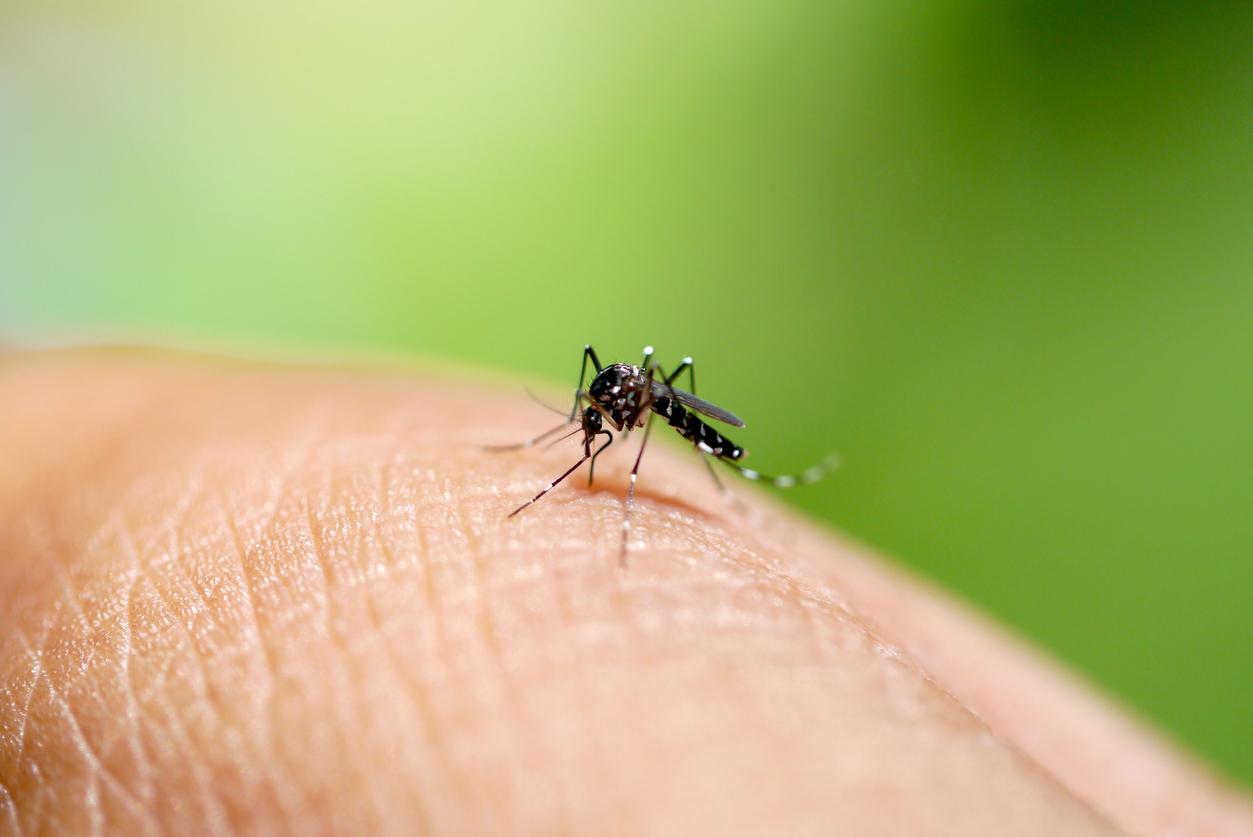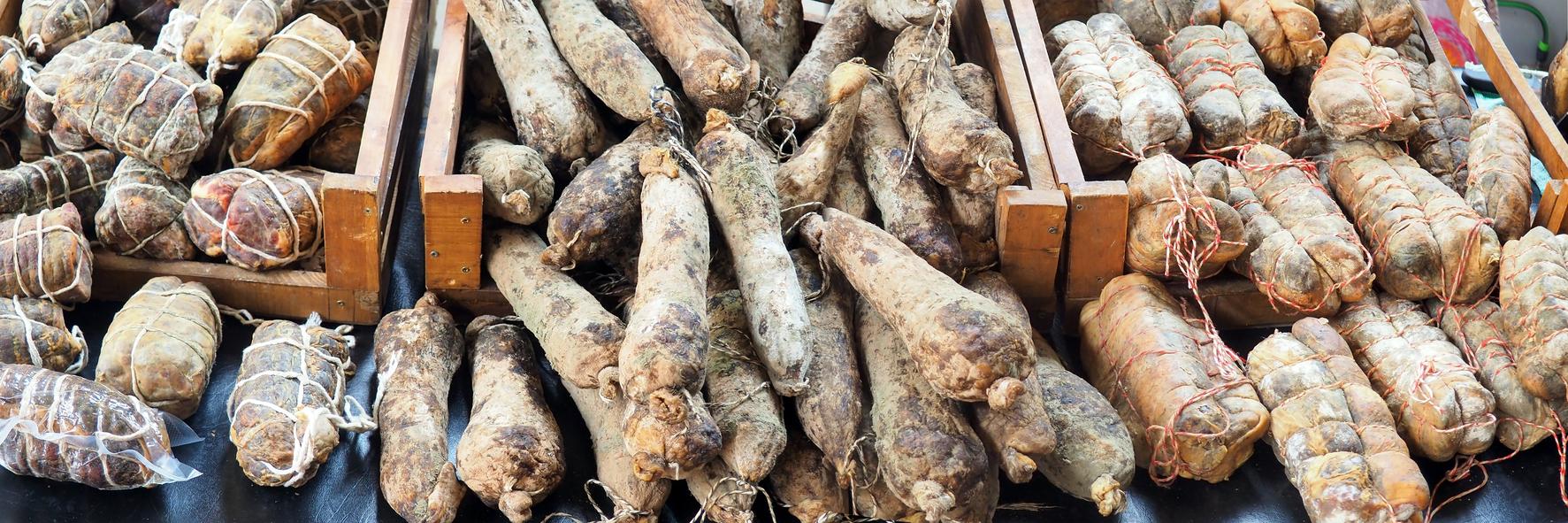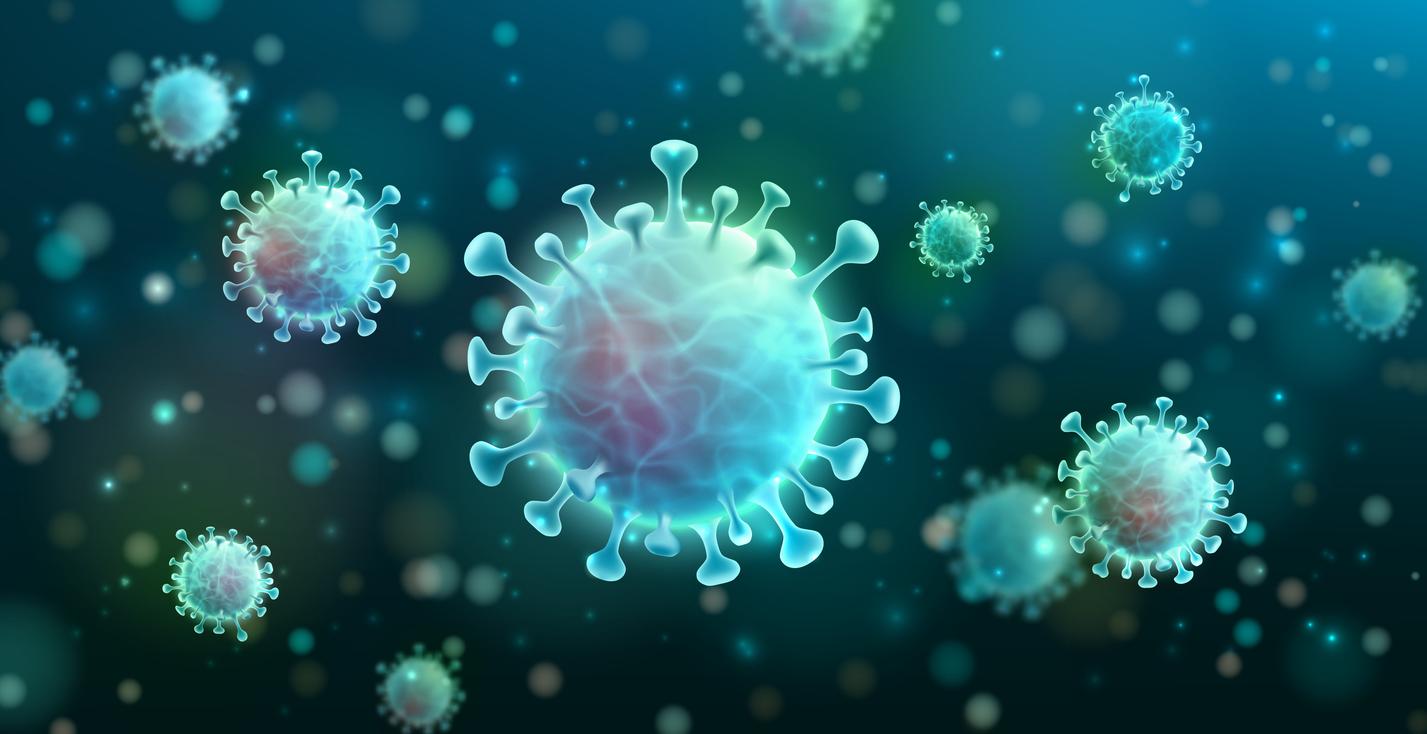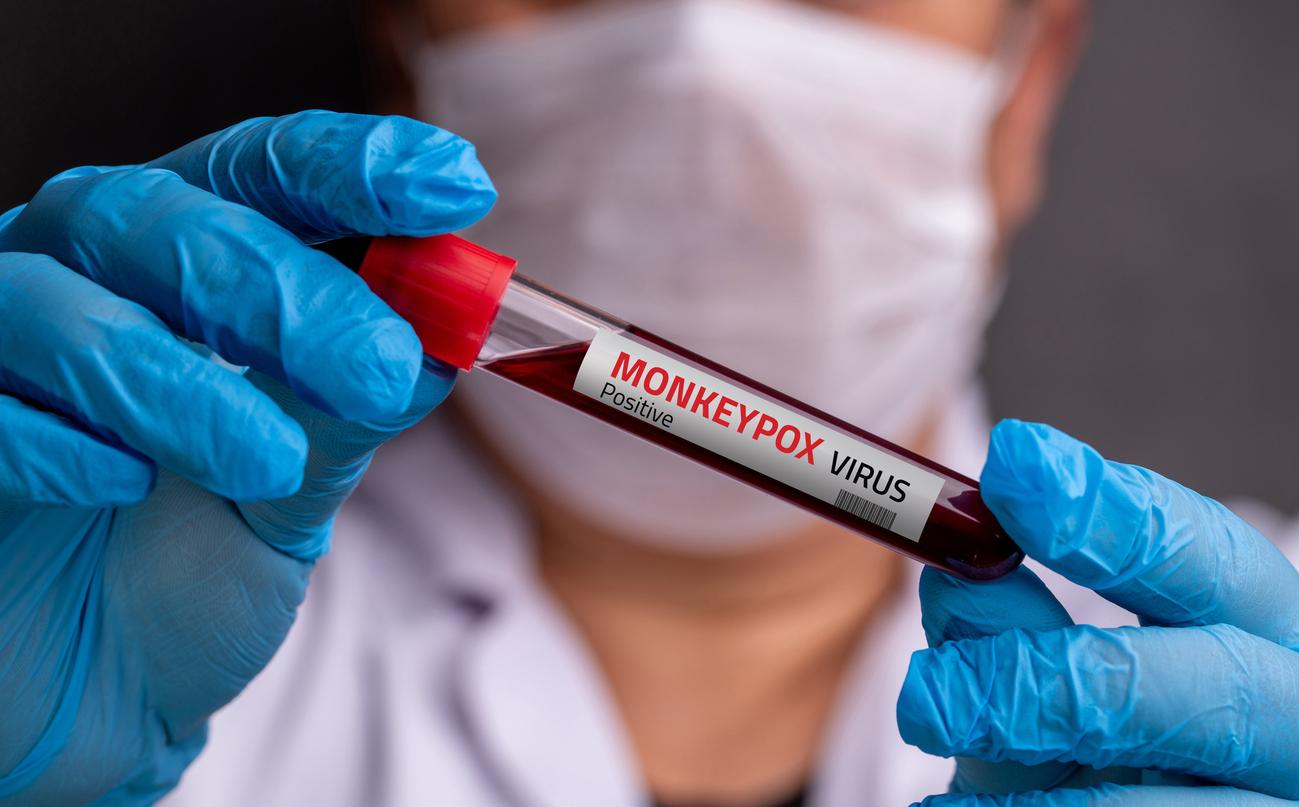As the Paris Olympic Games approach, the Pasteur Institute is warning of the increased risk of transmission of several viruses by the tiger mosquito, now established in the Ile-de-France region.

- With the Paris Olympic Games approaching, the Pasteur Institute is warning against the transmission of five viruses by the tiger mosquito, currently present in the Paris region: dengue, chikungunya, Zika, West Nile and Usutu.
- “The establishment of the tiger mosquito in 78 departments in mainland France and global warming promote vector transmission,” according to the researchers.
- One of the main threats is dengue fever: between January 1 and April 19, “1,679 imported cases of dengue fever were recorded in mainland France, 13 times more than last year over the same period.”
With the Paris Olympic Games approaching, where millions of international visitors are expected, vigilance is more important than ever to prevent the spread of viruses transmitted by the tiger mosquito, now present in the Ile-de-France region. In a Press release Published on June 18, the Pasteur Institute recalls that Aedes albopictus is capable of transmitting five types of viruses: dengue, chikungunya, Zika, as well as the West Nile and Usutu viruses.
The risk of transmission of five viruses by the tiger mosquito in Ile-de-France
One of the main threats is dengue fever, according to the study published in the journal Eurosurveillance. Between January 1st and April 19th, “1,679 imported cases of dengue fever have been recorded in mainland France, i.e. 13 times more than last year over the same period”. Gold, “It is expected that this number will increase” with the organization of the Games, “synonymous with additional flows of people from countries endemic for other arboviruses”. If health professionals are trained to detect the clinical signs of these arboviruses, “The difficulty lies in the fact that, particularly for dengue, 80% of cases have few or no symptoms.”
“The establishment of the tiger mosquito in 78 departments in mainland France and global warming promote vector transmission”but to what extent? In collaboration with the Regional Mosquito Control Agency and the National Reference Center for Arboviruses (Inserm-Irba), Pasteur researchers were able to examine, in the laboratory, the ability of mosquitoes to transmit these five viruses at a temperature of 28°C, “probable in this region at this time.” To do this, they counted the number of days between the first infection and the possibility of the virus being transmitted during a new bite.

Precautions to take as the Olympic Games approach
As a result, the West Nile virus needs 3 days before being transmitted by the mosquito, the chikungunya and Usutu viruses need between 3 and 7 days, and dengue and Zika between 14 and 21 days. This information is crucial for “adapt containment measures”according to the study. For example, “If a case of dengue fever is detected in the Ile-de-France region, we now know that disinfestation must take place within 21 days. These results make it possible to adjust the window of opportunity so that the approach is optimal.”underlines Anna-Bella Failloux, head of the Arbovirus and insect vectors unit at the Pasteur Institute, who led this study.
“The alert system in France is efficient, the specialist adds. The processes to be followed and the actions to be initiated are already operational thanks to the overseas territories located in endemic areas which have made it possible to acquire expertise on these diseases and their epidemiological monitoring.”
The Pasteur Institute recommends that people returning from a trip and presenting symptoms of fever or aches consult their general practitioner without delay, as well as specifying their area of origin. In addition, certain actions should be taken to limit the spread of mosquitoes, such as avoiding stagnant water which allows the larvae to develop, equipping yourself with mosquito nets and mosquito repellent products, or wearing long clothing.
















